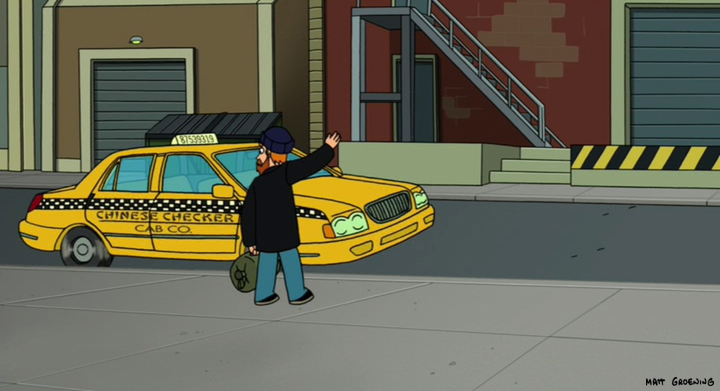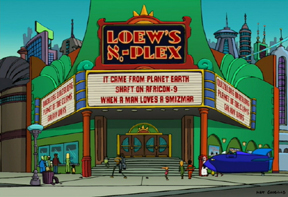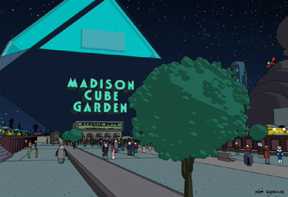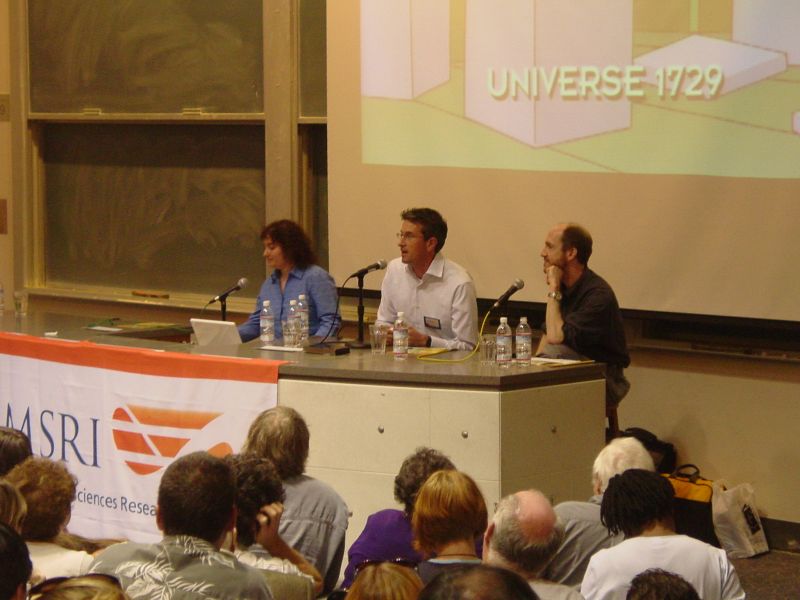Dr. Sarah J. Greenwald,
Appalachian State University
Legal Notice:
The Simpsons and Futurama TM and copyright
20th Television.
This web site is for educational use only.
To view these pages, you must agree to these terms.
We do not benefit financially in any way from this web site.
Images on these pages were
taken from episodes that are copyrighted.
We will not distribute audio, video or image files.
Disclaimer:
This web site, its
operators, and any content contained on this site relating to
The Simpsons or Futurama
are not specifically authorized.




